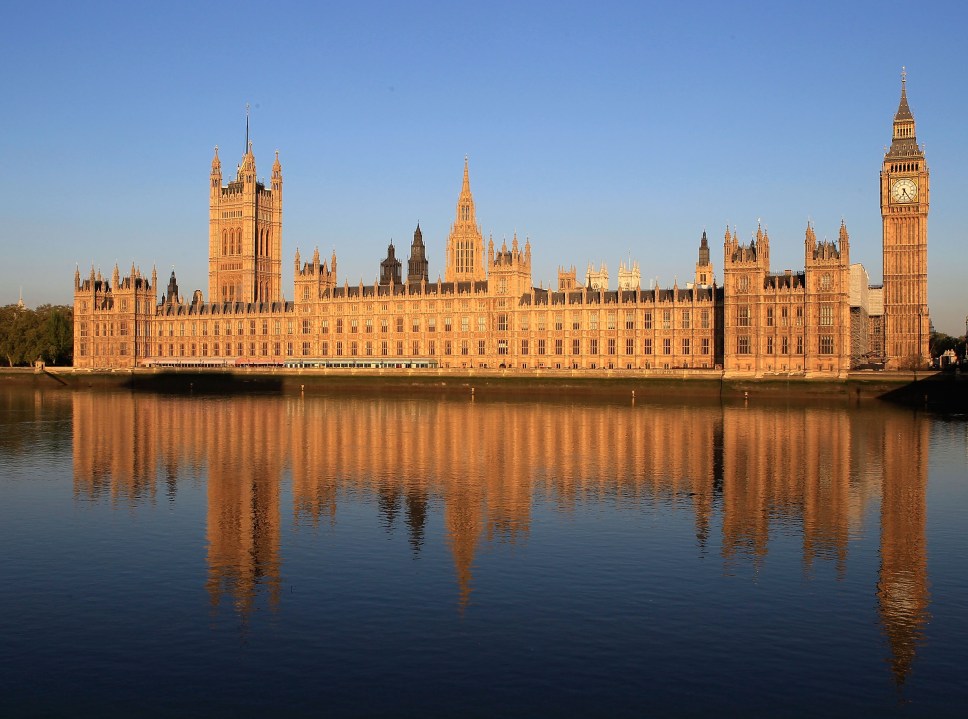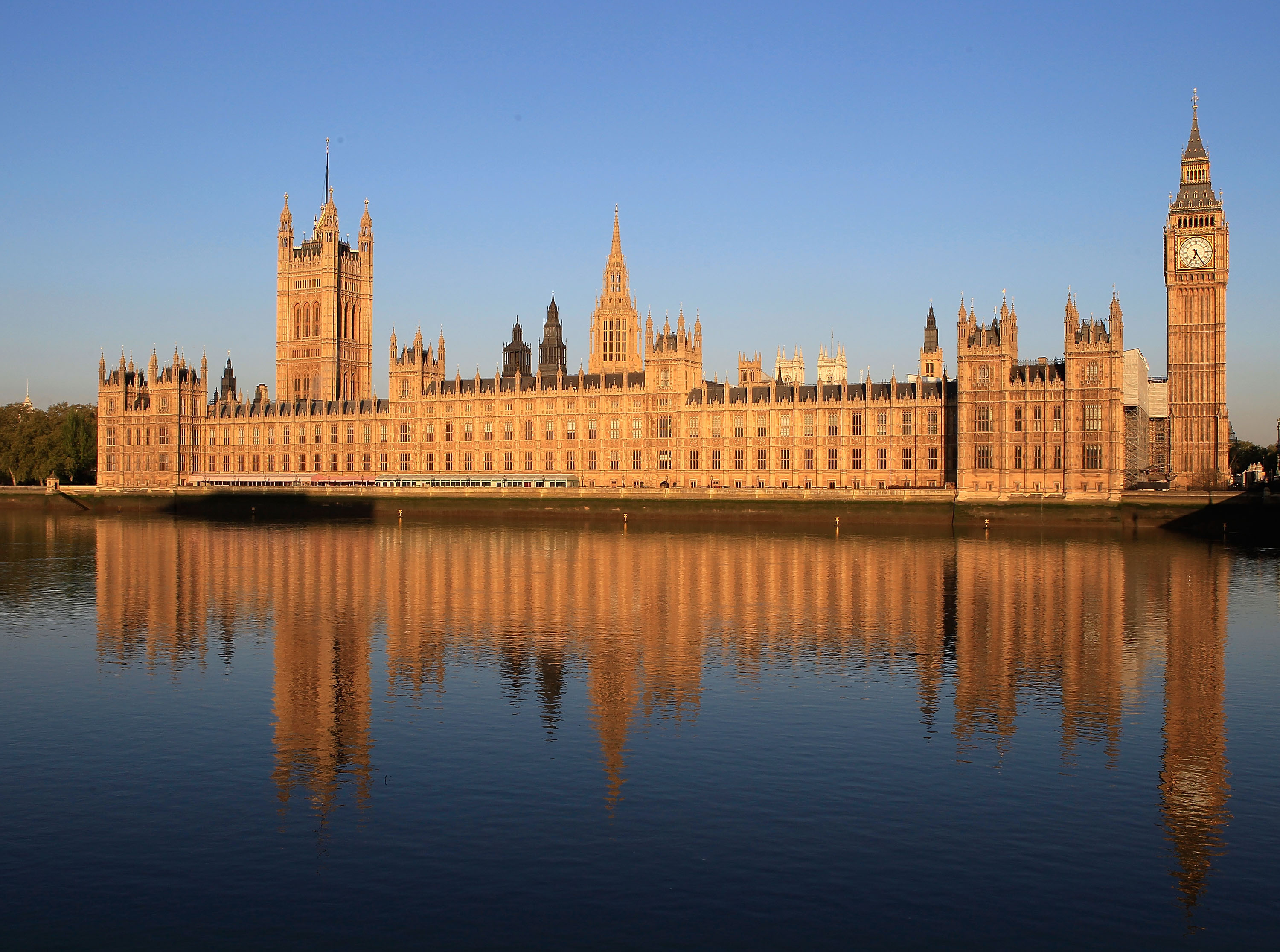IPSA’s proposed increase in MPs’ salary is another example of how it continues to undermine the standing of parliament whilst haemorrhaging taxpayers’ money on unnecessary backroom bureaucracy.
The weekend newspapers reported that the Independent Parliamentary Standards Authority (IPSA) is thinking about raising MPs’ salaries. Whatever your view on the right level of pay for MPs, IPSA has not only failed to tackle the long-term problems of cost and reputation, but has failed to remove the issue from the province of political parties and leaders, as intended.
The evidence is clear. IPSA has created a system where more than 90 per cent of MPs are subsidising the work they do by paying for travel, accommodation, subsistence or office expenses which should be paid for by IPSA.
In my last survey I discovered that about 1 in 5 MPs are spending more than £20,000 a year of their own money to protect their reputations from the damage caused by IPSA’s ridiculously complicated and dangerous expenses machinery
After taking into account the time spent by MPs and their staff, it costs IPSA more than £10m a year to administrate the expenses of just 650 MPs — more than £6 million for IPSA’s day-to-day costs and a further £4 million for MPs and their staff members’ time. This is a massive amount of time and taxpayers’ money that is unnecessarily taken away from constituents!
Yet, today, MPs and parliament continue to be held in very poor regard even though IPSA was supposed to be improving the standing of parliament with the public. For me, the worst outcome of IPSA’s mess is that it is creating a two-tier parliament where only those MPs with independent wealth – trust funds, inherited houses, wealthy spouses and unearned income – can afford to buy their way out of the system. Just check the claims of those on front-bench salaries or with independent means against the less well-off MPs and you’ll see the pattern immediately. Sadly those without the means cannot afford to protect their reputations. It simply cannot be right that IPSA has taken us back 100 years and at greater expense to the taxpayer than before.
The Commons is gradually becoming the preserve of the rich. As an MP who grew up in poverty in South London, I know the value of a culturally rich and diverse parliament. We need a range of voices, views and experiences to inform the country’s legislation. That’s the strength of a democracy. You shouldn’t have to be wealthy to become an MP, but this is the direction of travel and the evidence is clear.
The proposed increase in MPs’ salary will not stop this unfairness. The injustice is endemic not because MPs aren’t paid enough, but because MPs are put-off and reluctant to claim expense for legitimate costs. Rather than helping MPs with the cost of doing their work, this proposed salary increase will turn MPs into scapegoats and hide away the fact that they are subsidising their work form their own pockets.
Instead of raising MPs’ pay, we need root-and-branch reform of the IPSA system. Some time ago I presented a Bill to parliament that would have maintained IPSA’s independence to set rates, saved the taxpayer tens of millions over a five year parliament and given an MP’s time back their constituents. It even made MPs’ pay and costs completely transparent. Sadly, in 2010 the political leaders did not feel able to back it and we are now where we are – as predicted.
IPSA is a bureaucratic mess that is ripe for restructuring. Most MPs agree, and in truth most of the media and those who know how it really works tend to agree as well. Giving MPs a raise in their pay packet is not only a short-term sticking plaster for much deeper wound, but it vilifies MPs when the real elephant in the room is IPSA itself.
Creating a Westminster where anyone can become a politician – regardless of how much they are worth – is surely the goal. My Bill could easily be resurrected and passed within a matter of weeks. This would solve the problem for good, but it would take political courage and leadership over posturing.







Comments